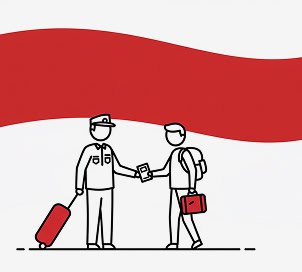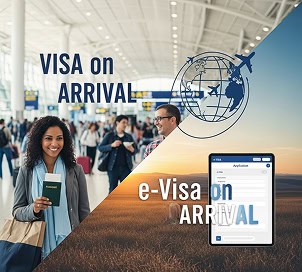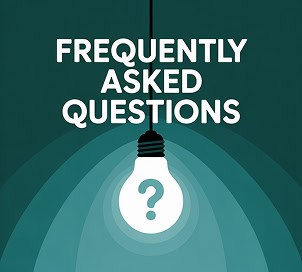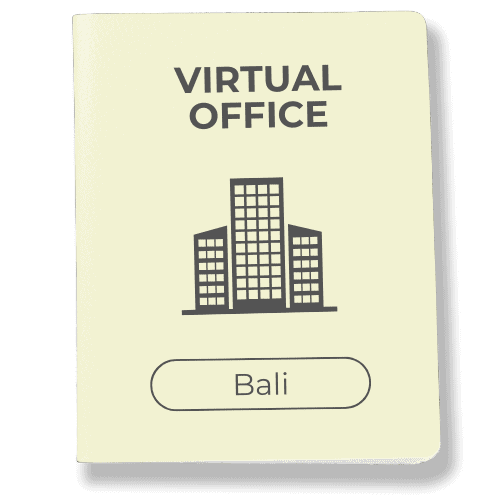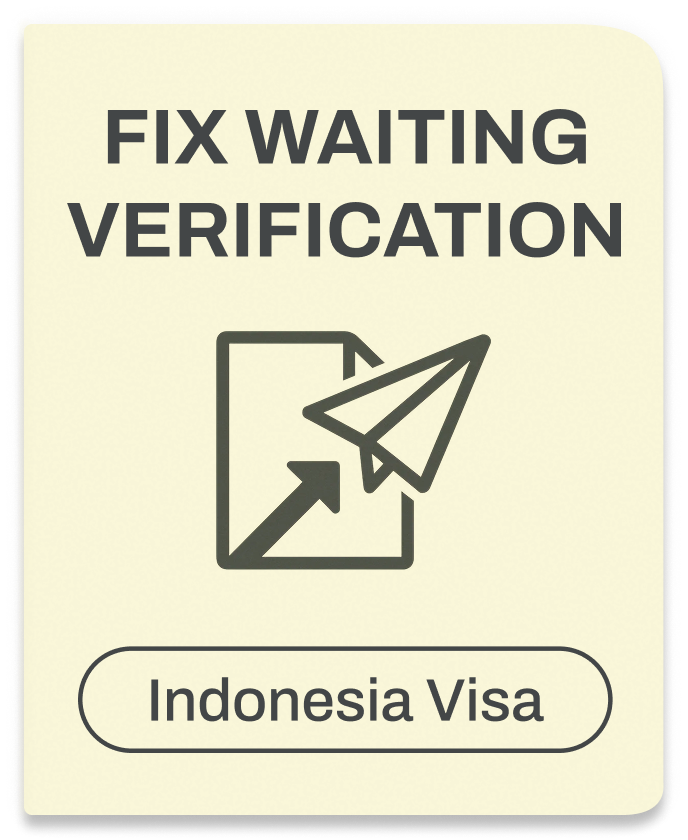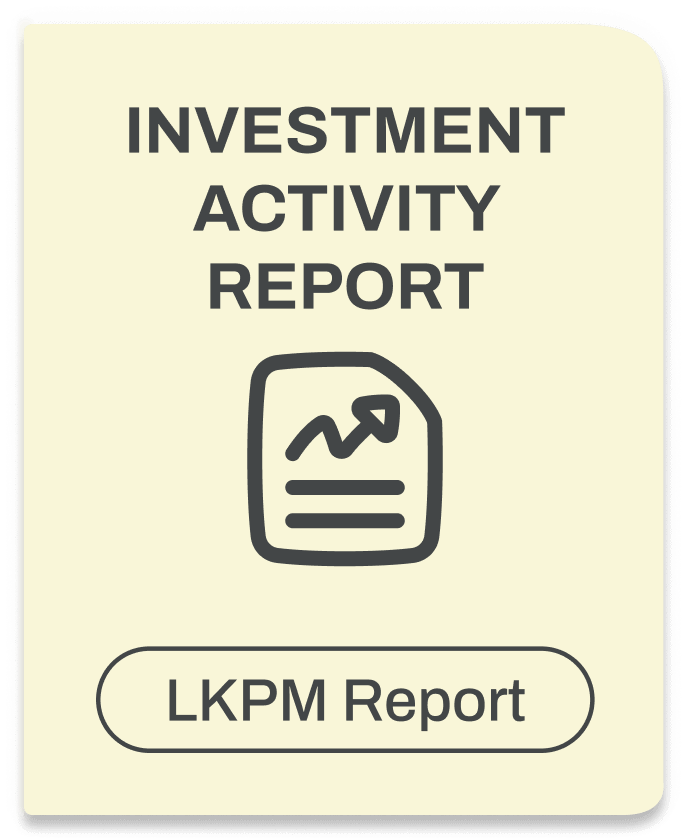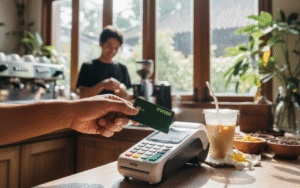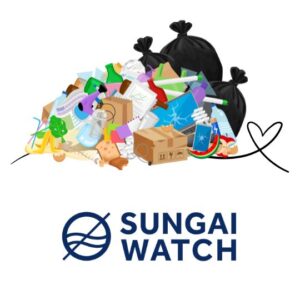Doctor’s Letter for Indonesia: How to Get It Right

If you’re bringing prescription medications to Indonesia, you’ll need more than just the pills in your suitcase; you’ll also need a doctor’s letter. This isn’t just a formality. It’s an important document that protects you from problems at the airport and helps customs officers understand your medical needs.
It’s not news that Indonesia has strict drug laws. Some prescribed medications that are allowed in your home country may be banned, restricted, or classified as controlled substances here. That includes certain strong painkillers, amphetamines, narcotics, and even some common medications like sleeping pills or anti-anxiety drugs. Use caution when bringing medications, especially those that may be restricted or controlled, and always check the latest guidelines.
A clear, well-written doctor’s letter explains why you need each medicine and shows that it’s for personal use. This can make a big difference during customs declaration and help prevent delays, or worse, having your medications confiscated. All medications must be declared upon entry, and only the quantity intended for personal use within the fairness limit is allowed. Some travelers even face harsh penalties for carrying medications without proper documents.
Even if your pills seem harmless, customs officials might not agree, especially if they’re not in their original packaging, or if the label isn’t in English or Bahasa Indonesia. With a proper letter, you’ll show that you’re traveling responsibly and following Indonesian regulations.
So before you fly, ask your physician to prepare a letter that lists your medications, dosages, and medical condition. The letter should specify the intended use and quantity of each medication to comply with Indonesian guidelines. It’s a small step that can save you a lot of trouble at the airport.
Legal & Regulatory Framework
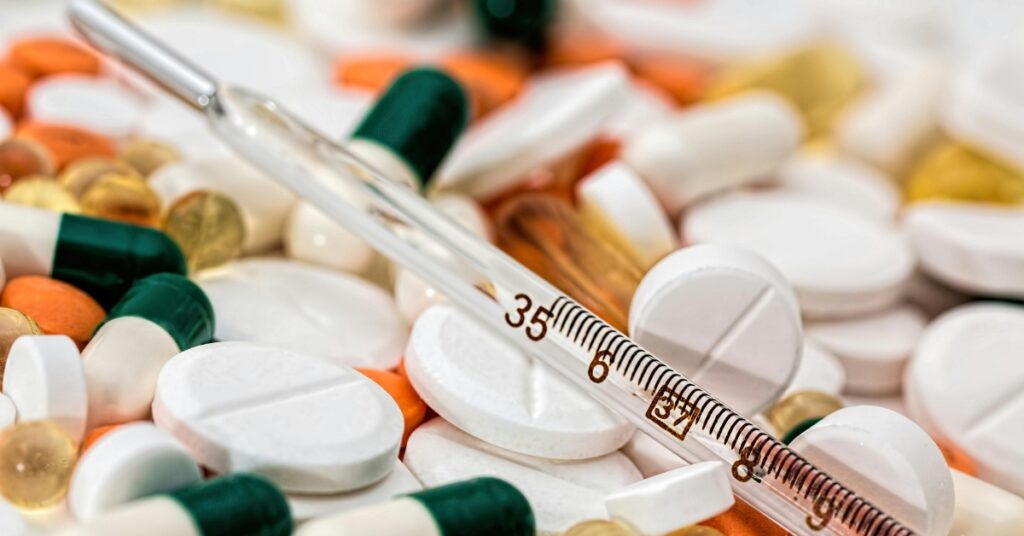
Indonesia’s rules for importing medicine are built on two main legal pillars:
- Health Law (Law No. 36 of 2009)
- Article 106: Medicines must have a valid marketing authorization (izin edar) from BPOM before they can be distributed within Indonesia.
- Article 197: Sets penalties for anyone producing or distributing medicines without this authorization.
- Customs Law (Law No. 17 of 2006, amending Law No. 10 of 1995)
- Article 5: Outlines travelers’ responsibility to declare goods (including medicine) when entering Indonesia.
- Article 7A: Specifies reporting requirements for carriers entering Indonesia (replacing the older Article 7).
The specific details about medication quantities, required paperwork (such as your doctor’s letter and BPOM’s Formulir Pemasukan Obat untuk Penggunaan Pribadi), and restrictions are covered under BPOM Regulation No. 27 of 2022 as amended by BPOM Regulation No. 28 of 2023. According to these regulations, travelers can carry medications for personal use within the allowed limits.
Indonesia also has strict drug laws. Some common medications, like painkillers, anti-depressants, or ADHD pills, are classified here as psychotropics or narcotics. Psychotropics can be brought in limited quantities with the correct documents, but drugs are generally prohibited unless you get special approval before traveling. If certain medications are not allowed, consult your doctor for alternatives that are permitted in Indonesia.
To stay on the safe side, always double-check the rules and contact your local embassy or the Indonesian customs officials if you’re unsure. It’s recommended to contact pharmacies or authorities in advance to confirm medication availability and legal requirements. When in doubt, it’s better to be over-prepared than under-documented.
What Information to Include in Your Doctor’s Letter
A good doctor’s letter or doctor’s note can make traveling with your medications much easier. It helps customs officials understand what you’re carrying, why you need it, and proves that it’s for personal use only. The letter should specify the daily dosage and list any specific medications required by the person traveling. But not just any letter will do. It needs to include the right details, clearly and completely.
Here’s what your physician should write in the letter:
- Your full name and date of birth, exactly as they appear on your passport or boarding pass.
- The letter should clearly identify the person for whom the medications are intended.
- Diagnosis or medical condition, a short explanation of why you need the medicine.
- List of prescribed medications, include both brand names and generic names to avoid confusion. Make sure to mention any specific medications that may be subject to additional regulations.
- Dosage and daily schedule, for example, “Take 1 tablet twice a day for 30 days.” The daily dosage should be clearly stated.
- Batch number (if available)
- Duration of treatment: how long you’ll be taking the medicine during your trip.
- A note saying the medicine is required for personal consumption and not for resale or sharing.
- Physician’s details, full name, license number, office address, phone number, and signature.
- Printed on official letterhead, not handwritten or on plain paper.
If your medicine falls under controlled substances, strong painkillers, or narcotics, the letter becomes even more important. Some travelers also include their original prescription or pharmacy receipt for extra proof.
It’s a good idea to double check that the letter matches your original packaging and is written in English or Bahasa Indonesia. If not, get it translated and carry both versions.
This letter isn’t just a formality; it’s your safety net. It shows you’re following Indonesian regulations and helps ensure a smooth process at customs.
Step-by-Step Process to Obtain & Use Your Letter
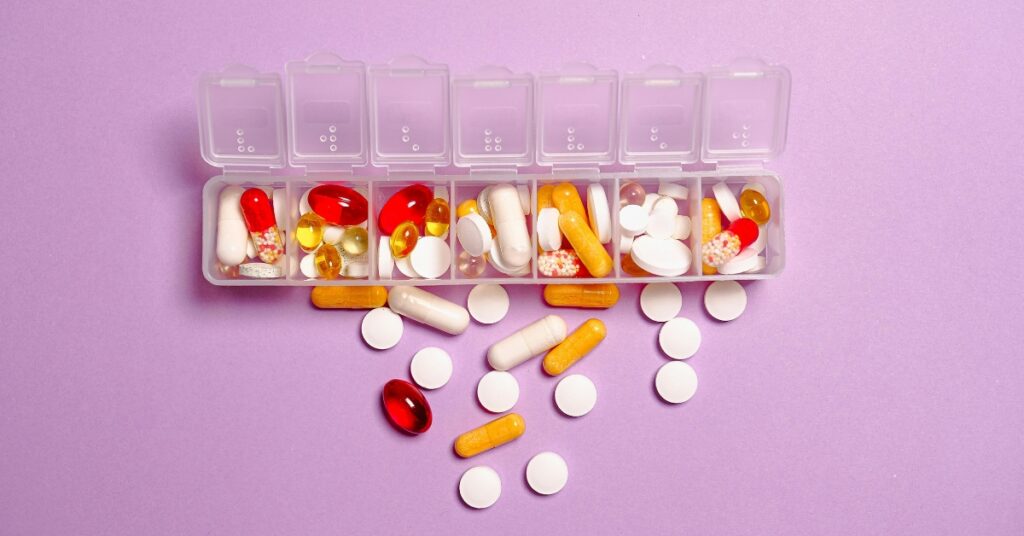
Getting a doctor’s letter doesn’t have to be hard. Here’s a simple step-by-step guide to help you prepare the right documents and use them correctly when traveling with prescription medications in Indonesia. Hand-carrying your medications and supporting documents is recommended to ensure they are easily accessible during your journey.
1. Consult Your Physician Early
Talk to your doctor at least 1–2 weeks before your trip. Your doctor can advise you on the best way to document your medications. Let them know which medications you’ll be bringing and ask for a formal letter on their official letterhead. Make sure the letter includes your diagnosis, dosage, brand names, generic names, and the duration of your treatment. You may also be advised to bring additional supporting documents depending on your medication.
2. Double Check the Details
Review the letter to make sure everything matches your original prescription and original packaging. Your name should match your passport exactly, and all medications listed must be part of your current treatment.
3. Translate If Needed
If your letter is not in English or Bahasa Indonesia, have it officially translated. It helps customs officials understand your documents quickly and avoid delays.
4. Prepare Your Medication Kit
Pack your medications in their original boxes with clear pharmacy labels. Bring your doctor’s letter, original prescription, and a short packing list that summarizes what you’re carrying. Keep everything in your carry on luggage.
5. Download & Fill the BPOM “Personal-Use Medicine Import Form.”
Visit the BPOM site, download the Formulir Pemasukan Obat untuk Penggunaan Pribadi, print it, and fill it out in pen (one form per traveler). Keep the completed form together with your doctor’s letter, prescription, and invoices. Customs will ask for this packet when you arrive.
6. Complete the Electronic Customs Declaration
Before flying, fill out the electronic customs declaration (ECD) online at ecd.beacukai.go.id. You must do this within 2 days before your arrival in Indonesia. Select the option that says you’re bringing prescription medications.
7. Declare at the Airport
When you arrive in Indonesia, go through the customs line marked for declarations. Show your ECD QR code, doctor’s letter, and medications to the customs officers if asked. Stay calm and polite; having the right documents makes this step fast and smooth.
Bonus Tip: Keep Digital Backups
Take a photo or scan of your doctor’s note, prescriptions, and passport. If you lose anything, you’ll still have copies on your phone or email.
Following these steps helps you stay in line with Indonesian regulations and avoid any issues at the airport.
Special Rules for Controlled & Narcotic Medications
Some prescription medications are treated differently in Indonesia, especially if they’re considered controlled substances or narcotics. These include drugs like Ritalin, amphetamine-based medications, and strong painkillers such as morphine or oxycodone. They may be banned or restricted here even if they’re common in your home country.
If you’re bringing this kind of medication, the rules get stricter, and it’s very important to follow them exactly.
Here’s what you need to know:
- You can only bring medication for personal use, and the amount depends on the drug type:
• Regular prescriptions: up to 90 days’ supply
• Psychotropics (e.g., ADHD medication, anti-anxiety pills): up to 60 days’ supply
• Over-the-counter drugs without a prescription: up to 3 days’ supply
• Narcotics and precursors (e.g., morphine, oxycodone, cannabis products) are prohibited unless you have a rare pre-approved exemption from BPOM and the Ministry of Health. - You must have a doctor’s letter clearly stating your diagnosis, the exact dosage, and why the medicine is medically necessary.
- Keep all medicines in their original packaging with labels that match your passport name.
- Bring a copy of your original prescription from your doctor or pharmacy.
- Complete BPOM’s “Formulir Pemasukan Obat untuk Penggunaan Pribadi” and keep it with your documents.
- Fill out the Electronic Customs Declaration (e-CD) online via ecd.beacukai.go.id within 2 days before arrival (or at the airport kiosk on arrival) and declare your medication.
Still not sure if your medicine is considered a controlled drug in Indonesia? The safest way is to check with the Indonesian embassy, local pharmacy, or even contact Indonesian customs officials before your trip. Some medications that are fine at home might cause problems here if you don’t prepare properly.
Bringing restricted medication without the right paperwork can lead to your medicine being confiscated, or even worse, legal trouble. Indonesia has strict drug laws, and harsh penalties can apply.
Local Options: Accessing Medication in Indonesia
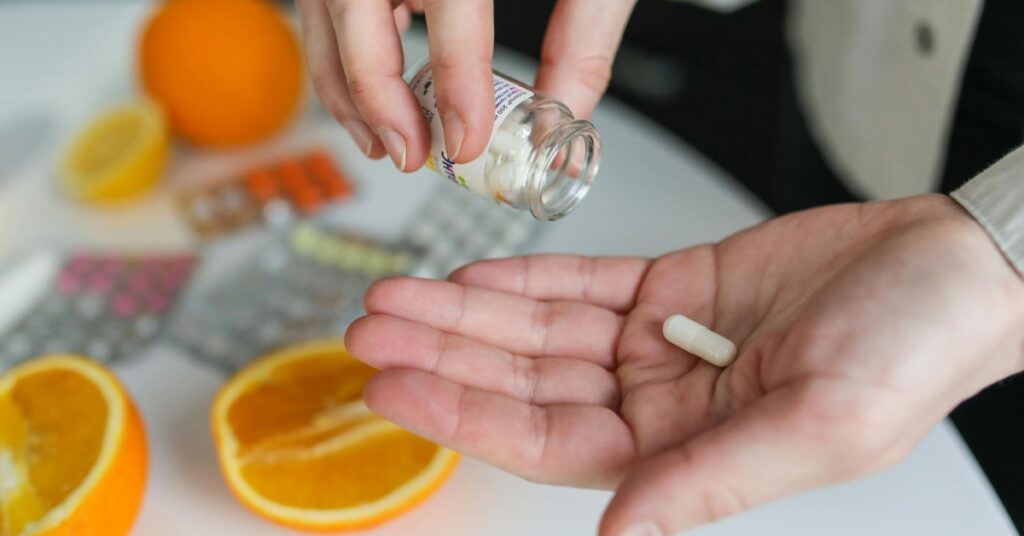
When traveling to Indonesia, it’s important to be prepared not only with your prescription medications but also with a plan for accessing medicine locally if needed.
Most prescription medications are available at local pharmacies throughout Indonesia, but you may find that the brand names differ from those in your home country. If you need to refill a prescribed medication, bring your doctor’s letter and original prescription. These documents can help local pharmacists or doctors determine the correct medicine and dosage for your personal use.
Keep in mind that controlled substances, such as strong painkillers or amphetamine-based medications like Ritalin, are subject to additional restrictions and may not be available without special approval.
For minor ailments, over-the-counter medications and vitamins are widely available at local pharmacies. Many larger pharmacies have English-speaking staff, and some even have a doctor on site who can issue a prescription if needed. However, it’s always wise to consult your own doctor before starting any new medication, especially if you’re concerned about potential side effects or drug interactions.
If you need medical assistance while in Indonesia, you have several options. Many hotels and resorts offer access to a medical center or have a doctor on call. Telemedicine services are also becoming more common, allowing you to consult with a doctor remotely for advice or prescription refills. In case of an emergency, most major cities have hospitals and clinics with 24-hour emergency services, and some facilities meet international standards of care.
To ensure a smooth experience, always declare all medications, including prescription medicine and over the counter drugs, on your customs declaration form when entering Indonesia. Carry your medications in their original packaging, keep them in your carry-on luggage, and have your doctor’s note and original prescription ready for inspection by customs officials if requested. Creating a packing list of all your medications can help you stay organized and avoid missing anything important.
Ready to Apply or Extend Your Visa?
Let our visa specialists handle your application.

